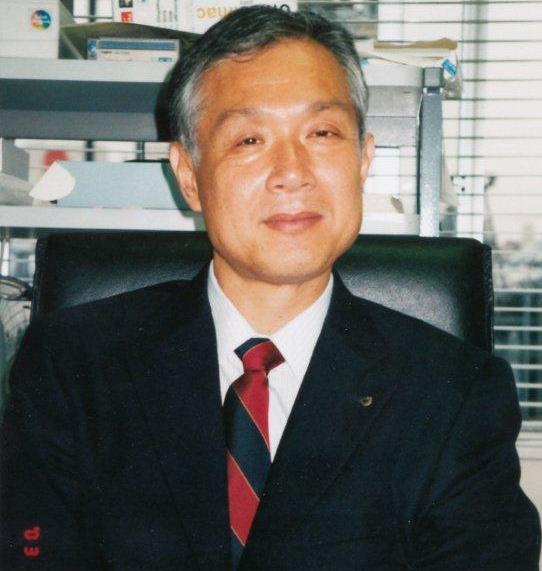Changes in Blood Thallium Concentration during and after Prussian Blue Administration
Author(s): Makoto Onodera, Yuji Fujita, Yasuhisa Fujino, Yoshihiro Inoue
Prussian blue is an antidote for acute thallium poisoning that binds to thallium in the gastrointestinal tract, thereby increasing thallium fecal excretion. However, the effects of Prussian blue monotherapy in humans remain unknown. A 66-year-old male ingested approximately 50 mL of liquid thallium rodenticide (thallium sulfate: 2%), a lethal dose, and presented to our hospital 40 hours after ingestion. The initial laboratory test results were normal. On the second day of admission, oral Prussian blue ordered from outside the hospital was started at a dose of 3 g every eight hours, and the whole blood thallium concentration was measured on consecutive days using inductively coupled plasma-mass spectrometry. On the fourth day, however, he complained of respiratory discomfort, and moderate acute respiratory distress syndrome was diagnosed via chest computed tomography (CT) scan and PaO2/FiO2 ratio. Endotracheal intubation was performed, and Prussian blue was discontinued because of medical costs. The patient died of respiratory failure on the ninth day after admission. The half-life of thallium in whole blood was 53 h under Prussian blue administration.
After discontinuing the administration of Prussian blue, the whole-blood thallium concentration decreased very slowly, with a half-life of thallium in whole blood of 330 h. The half-life of thallium in the whole blood was reduced approximately six-fold after Prussian blue therapy. Prussian blue should thus be considered the drug of choice in case of acute thallium poisoning.


 Impact Factor: * 5.3
Impact Factor: * 5.3 Acceptance Rate: 75.63%
Acceptance Rate: 75.63%  Time to first decision: 10.4 days
Time to first decision: 10.4 days  Time from article received to acceptance: 2-3 weeks
Time from article received to acceptance: 2-3 weeks 
